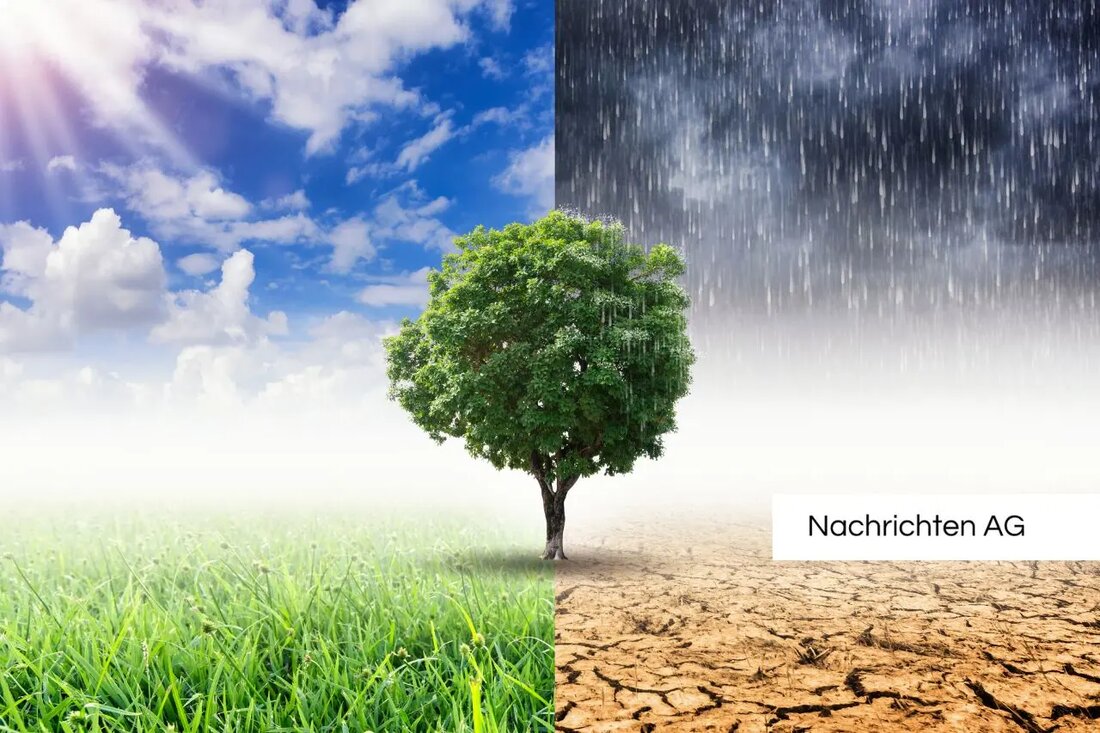Kuh Hilde continues to escape - animal rights activists raise the alarm!
Kuh Hilde continues to escape - animal rights activists raise the alarm!
A cow called "Hilde" has been in Nümbrecht since December and has been hiking alone in the Rhein-Sieg district alone. The animal welfare authorities have already tried several times to capture the shy cow, but these attempts were unsuccessful. According to information from KStA.de , private searches have put the cow into unrest, which ultimately makes the efforts to return to a return. Franz Bellinghausen, chairman of the Oberberg district farmers, warns of improper initiatives because they could scare the cow.
Bellinghausen is optimistic about Hilde's well -being. He is convinced that the cow will find enough food, even with snow. Her natural food intake includes small branches, branches and old grass. Bellinghausen explains that the cow has a large area available to look for food and that your thick fur protects it from cold and precipitation. "Even in winter, Hilde will not be missing anything," says Bellinghausen.
The challenge of return
Although Hilde mainly roams in a forest area, Bellinghausen suspects that she is looking for protection in fenstery fessing when it rained. It is generally assumed that the cow could search for a different herd. Bellinghausen suggests that calm animals from a dairy herd to be closely close to make it easier to return, however, warns that this cannot be a guarantee of success. The danger that the cow will become increasingly difficult to control grows over time the longer it lives in the game.
around the suckler cow husbandry
cotting practices a well thought -out system of feeding and rearing. Each cow receives about 75 g from the selenium -rich mineral Minex 972, supplemented with cattle salt. Young animals are separated from the mother after 8 to 10 months. Cotting, which has been in mother cow husbandry since 2002, has always focused on animal welfare by designing high -quality feed rations and ensuring stress -free posture.
In addition to the practical challenges in the keeping of cows, climate change also has a potential influence on animal husbandry. Experts such as Prof. Uta Dickhöfer from the University of Kiel emphasized that challenges such as fluctuating feed supplies and heat stress increase in animals. Adaptation strategies include the breeding of heat-tolerant breeds and optimizations in feeding in order to promote animal health, which in an article on is discussed.In connection with the challenges mentioned, the topic of organic security in livestock farming is becoming increasingly relevant. Prof. Sascha Knauf from the Friedrich Löffler Institute emphasizes the importance of one-health approach to reconcile the health of humans, animals and the environment. Particular attention is paid to zoonoses, the spread of which depends heavily on the organic safety standards. A high level of organic security is particularly important in intensive animal husbandry in the "global north".
| Details | |
|---|---|
| Quellen | |


Kommentare (0)